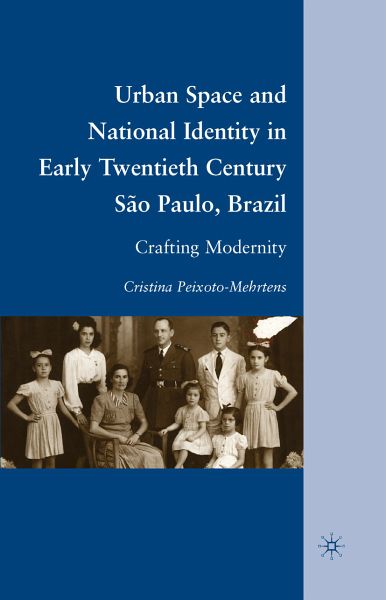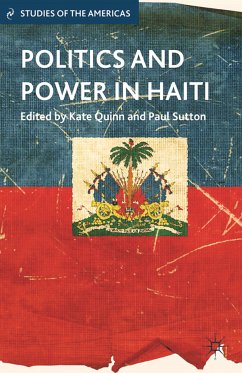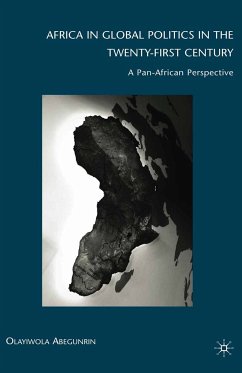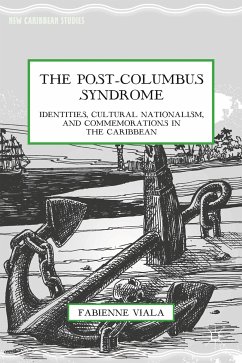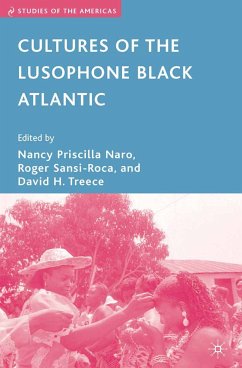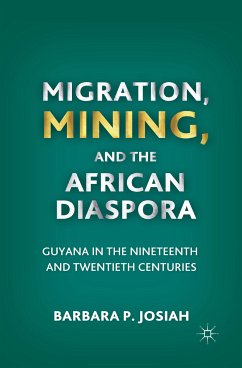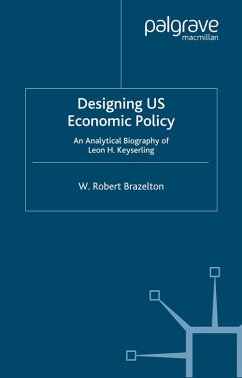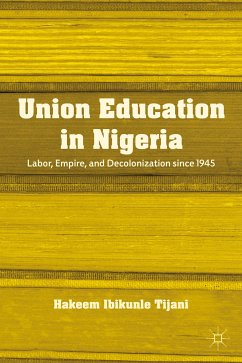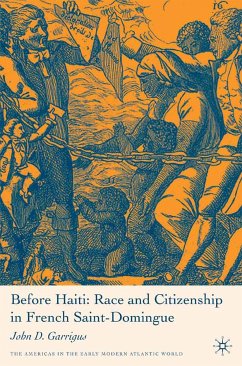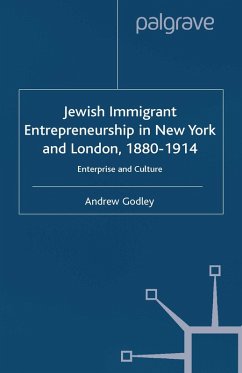"Mehrtens's sources are richly varied and used with great insight and creativity. Her analysis is detailed, careful, and illuminating. She has written a book that will appeal to scholars of the middle class, of public-private interactions, and of the complex process of the development modern urban space." (Anne Hanley, Luso-Brazilian Review, Vol. 52 (2), December, 2015)
"In Urban Space and National Identity in Early Twentieth Century São Paulo, Brazil, Cristina Peixoto-Mehrtens - historian, architect, and former urban planner - has written a vital book. She details the complex interactions among policy makers, bureaucrats, politicians, and scholars who defined the economic, cultural, social, and political spaces of urban São Paulo,
Brazil s twentieth-century economic power house. Deftly exploring the labyrinths of state and private development agencies and drawing on an eclectic array of sources, Peixoto-Mehrtens offers fresh insight into Brazil s economic and social modernization in the twentieth century. Her tale of the construction of the Pacaembu Stadium during the late 1930s is a model microhistory of tangled social and political agendas. At the same time, she offers a new chapter in the deepening account of the role Brazil s middle class played in articulating modernity to a nation that in the early twenty-first century has become a rising global power. Recognizing that there was no unified middle-class political initiative, she penetratingly shows how bureaucrats and policy makers, acting from local conditions, interpreted and transformed the transnational traffic in theories of development and urban planning." - Brian P. Owensby, Professor and Chair, Corcoran Department of History, University of Virginia
"How did middle-class architects and city planners, municipal employees and foreign-owned companies, politicians and intellectuals all contribute to reshaping the urban spaces in São Paulo, South America s largest city, in the 1930s and 40s? Urban Space and National Identity in Early Twentieth Century São Paulo, Brazil offers a fresh interpretation of the crucial role that middle sectors played in influencing urban life in a vital center of modernizing Brazil. Through the creative use of a wide array of archives, oral histories, and varied sources, this social and cultural history artfully analyzes the complex interlocking networks of business interests, aspiring professionals, and middle-class technicians that planned and implemented the transformation of the city into Brazil s largest metropolis." - James N. Green, Professor of Brazilian History and Culture, Brown University
